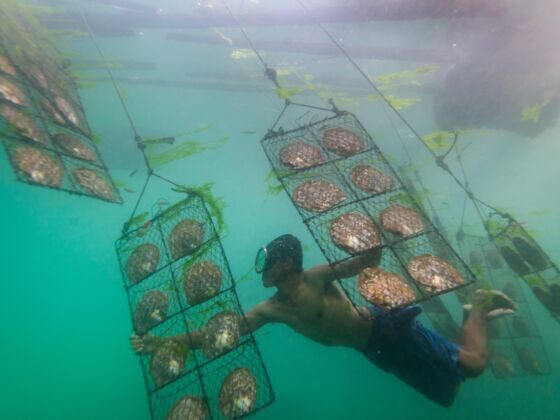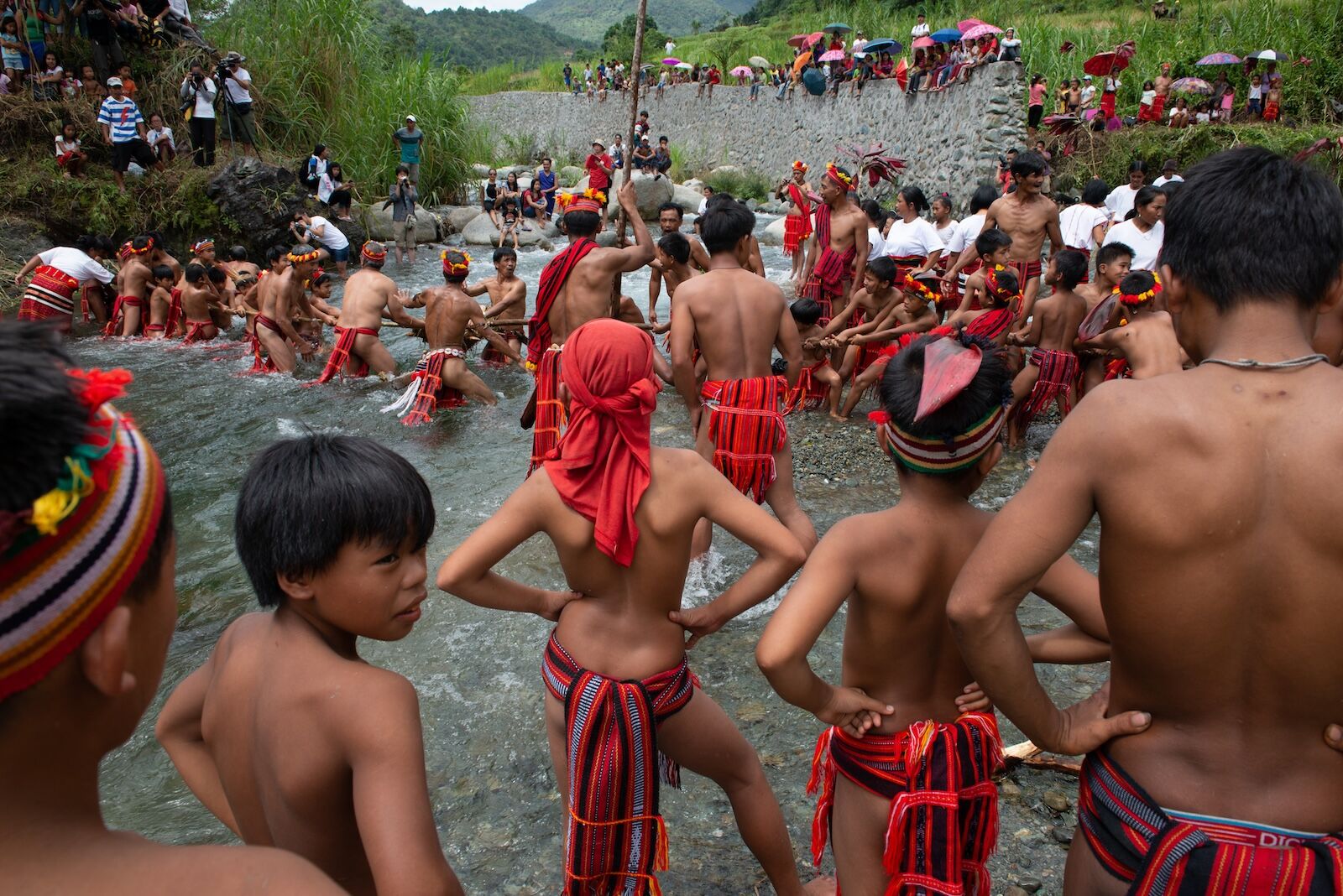Jacob Maentz is an acclaimed documentary photographer known for his work capturing the diverse cultural landscapes and indigenous peoples of the Philippines. His project “Homelands” and book of the same name highlight the resilience and vibrant traditions of these communities, focusing on issues like land rights and cultural preservation. Originally from the United States, Maentz moved to Cebu in the Philippines in 2006, where he has dedicated himself to long-term, immersive storytelling. His photography is celebrated for its authenticity and sensitivity, earning international recognition and contributing to positive social change.


How an Acclaimed Documentary Photographer Tells the Stories of Indigenous Peoples of the Philippines
Maentz sat down with Michael Motamedi and Vanessa Salas for the Matador Network podcast No Fixed Address: The World’s Most Extraordinary People to discuss his work as a documentary photographer, Indigenous culture in the Philippines, and all that it takes to tell a story right.
As a documentary photographer, Maentz’s images are more than just eye-catching pieces of art, they tell stories. Often, that involves telling the story of the impact of climate change and how Indigenous cultures are being lost, “what I feel are some of the most pressing issues of our day,” as Maentz says on the podcast.
Maentz is not a parachute journalist who flies into a place for a couple of days, gets what he thinks the story is, and heads back home. “I understand there’s a responsibility to do things right and that requires a lot of time,” Maentz says.
“When I first started, I would just show up with my wife into an area that I was interested in photographing,” Maentz explains on the podcast. “We would make contacts on the ground. So we’d find a tricycle driver, and he would say, ‘I know this community, let me take you there.’”
As his photographs and writing became better known, individuals from other communities would reach out to him to see if he’d be interested in sharing their stories as well. Sometimes entire communities would gather and decide if Maentz could stay, other times it was the elders of the community making the final call. It’s not always a simple decision, and Maentz is no stranger to being shut out. There have also been communities that understandably didn’t want Maentz to be there because of bad experiences with foreigners in the past.
The concept of land is life runs through Maentz’s work. It’s more than just a catchphrase.
“I would say in most of the communities we visit, these are the resonating words, the message that they want us to bring to the world,” Maentz says. “Many of these communities are being displaced in different ways. They’re fighting for their land because they understand that once it’s gone or once they’re displaced, then it’s over.”
He’s fully aware of the influence that documentarians have — and that the documentarian’s voice and decision of what is shown is always part of the story.
He’ll typically spend a couple of weeks in a community, keep that relationship active, and return years later. Maentz’s work takes time, but it’s “really the only respectful, responsible way to do this work,” he says.

Photo: Jacob Maentz
The friendships have paid off and Maentz will get calls inviting him to ceremonies at the last minute. In 2014, he was present for the first time that outsiders were invited to witness a rice harvest ritual with a large tug of war in the river celebrating the season.
These types of experiences only come with deep commitment to not only storytelling, but to the people as well. His book, Homelands documents through photos and essays what can come from truly immersing oneself in a region and letting communities tell their stories.
You can hear more about Maentz’s work on the No Fixed Address podcast, available on your preferred podcast platform.